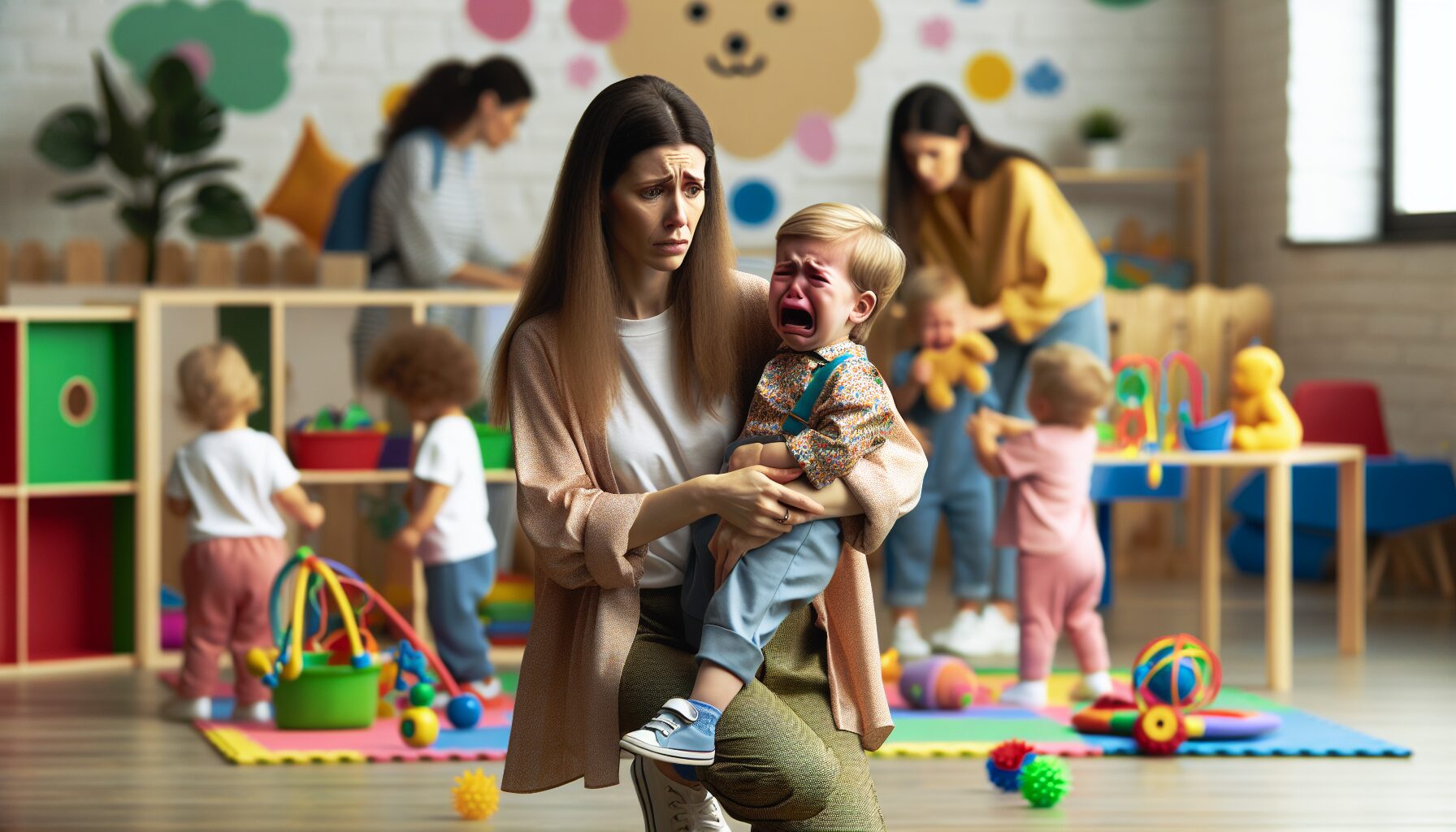Mothers are important for countless reasons, as they play a pivotal role in the nurturing, development, and overall well-being of their children. They provide emotional support, unconditional love, and guidance, helping to shape a child’s values, character, and sense of identity. Mothers often serve as caregivers, teachers, and protectors, fostering a safe and nurturing environment that allows children to grow and thrive.
Beyond their influence on individual families, mothers contribute significantly to society by raising future generations and instilling important life skills and morals. Their sacrifices, resilience, and dedication often inspire others and leave lasting impacts on their communities. Mothers also exemplify compassion, empathy, and strength, qualities that are essential in building healthy relationships and fostering a sense of belonging and connection. In essence, mothers play an irreplaceable role in shaping both individuals and the world around them.
If You Were the Devil, How Would You Make Women Hate Their Role At Home?
Watch this excellent video about the strategy pure evil, or the devil, would take if the goal were to destroy motherhood.
How to make women hate her role at home pic.twitter.com/E0Zhx0xbvW
— Fisi Universe (@fisiuniverse) February 19, 2025
The best way to weaken a family and a society is to remove the mother. She doesn’t have to be completely gone, just unavailable, worn out, overburdened, and stressed so she can’t attend to her primary duty of nurturing.

She could also be taught to be disgusted and ashamed of her role so that to be a mother is internalized as disgraceful and of no value to the world. If she is “nothing but a mother” then she has no value. This exact message has been drummed into the heads of little girls since the 1960s. There has been no movement to write books empowering women to be great mothers, instead they are taught to aspire to be great rocket scientists, CEOs, and politicians.
Is Money the Goal or Is It Happiness and Security?
Girls and young women are taught that money is the main goal. They bury their instincts to be there for their children and send them to be raised by strangers, only tucking them in at the end of a long day and then rushing to get them ready to go the next morning, over and over, until the child is grown and gone and “true freedom” can be restored in the woman’s life.

The absence of a mother in a home can have profound emotional, social, and psychological impacts on both children and the family as a whole. Mothers often serve as primary caregivers, providing nurturing, emotional support, and stability. Without this maternal presence, children may struggle to develop a sense of security and may face challenges in forming healthy relationships.
Children Pay the Invisible Price
Emotionally, children without a mother figure may experience feelings of abandonment, loneliness, or low self-esteem. This can lead to difficulties in expressing emotions or processing grief, potentially resulting in long-term mental health issues such as depression or anxiety. Mothers also play a crucial role in modeling empathy and compassion, and their absence may hinder emotional development.
Socially, a lack of maternal guidance can impact a child’s ability to navigate relationships and build trust with others. Mothers often serve as role models, teaching children important life skills, such as communication, conflict resolution, and empathy. Without this influence, children may face challenges in socializing or understanding societal norms. Children socialized by adults who love them and care about their future success fare better with peers and in relationships than children socialized by other children or an institution.

From a practical perspective, the absence of a mother, even if that absence is one of time or energy, may place additional responsibilities on other family members, leading to stress and potential financial strain. Balancing work, household responsibilities, and caregiving among family members not suited for the task due to age, ability, or nature is unfair and creates burdens never meant to be borne by fathers, older siblings, or grandparents. This can create an environment of instability and resentment, which may further exacerbate the challenges faced by children.
Women are especially suited to caring for and guiding children and creating homes because a woman’s nature is to nurture. We create, we build, we invest in relationships and people in ways that most men don’t understand and can’t accomplish. Men and women were created to work together, to complement each other, to complete each other in their primary purpose of raising a family.
Caring for a home and children is a full time job. Providing for and protecting a family is also a full time job. Both the roles of woman and the roles of men are essential for happiness. We were made to have joy in this life. We were made to work together, not to compete with each other.


